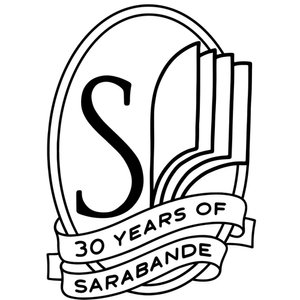
Easy Math, Lauren Shapiro
Winner of the 2011 Kathryn A. Morton Prize, selected by Marie Howe.
Aesop stood on end, Shapiro’s poems tells wry fables that defy our instinct to find a moral to the story. “There are an infinite number of ways to torture the soul with hopefulness” she tells us, so instead we have ways to survive—crooked grins, twisted logic, and equations of jello shots, amusement parks, and post-it notes that never add up.
For a classroom-ready reader's guide written by the author herself, follow this link, and explore more titles with reader's guides in Sarabande in Education.

Additional Info
Lauren Shapiro received a B.A. in Comparative Literature from Brown University and an M.F.A. in Poetry from the Iowa Writers' Workshop. She is a former associate acquiring editor at the Yale University Press and has translated poetry from Spanish, Italian, Vietnamese, and Arabic into English. Her poems have been published in such journals as Pool, Passages North, 32 Poems, Forklift, Ohio, Drunken Boat, notnostrums, and Thermos. She is a curator of the Monsters of Poetry Reading Series and an assistant editor at Rescue Press. She lives in Hartford, Connecticut.
PRAISE FOR EASY MATH:
“This fearless poet isn’t afraid to name something beautiful. And she's not shy about how we humans have thoughts, opinions and feelings; she brings an astonishingly acute precision to bear on so many of our less than perfect ways. She registers our misapprehensions and turns our imaginations up several registers. I love reading this book, and getting to know this poet.”
—Dara Wier
“Lauren Shapiro writes a smart, funny, richly inhabited poetry of the here and now. May it soon be everywhere and always.”
—James Tate
“Lauren Shapiro can downshift from the sublime to the profane and back again in less than five seconds. She can glimpse the mystery of what we might call the big picture, and then narrow her eyes to the quotidian sorrows—this capacity holds a worldview that is radically crisp and compassionate. Energy and joy create these metaphors, and if they are in discourse with postmodern malaise, they almost win the argument.”
—Marie Howe
